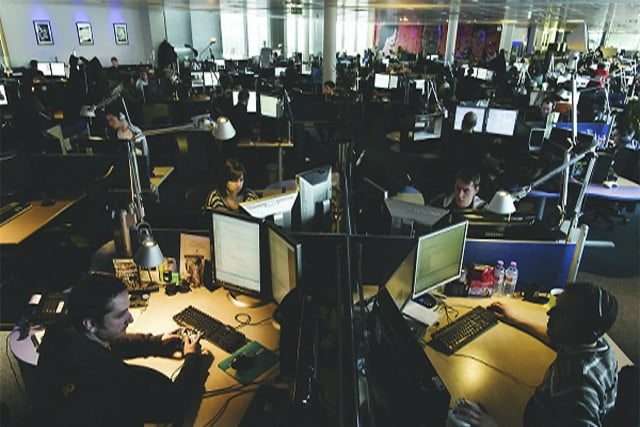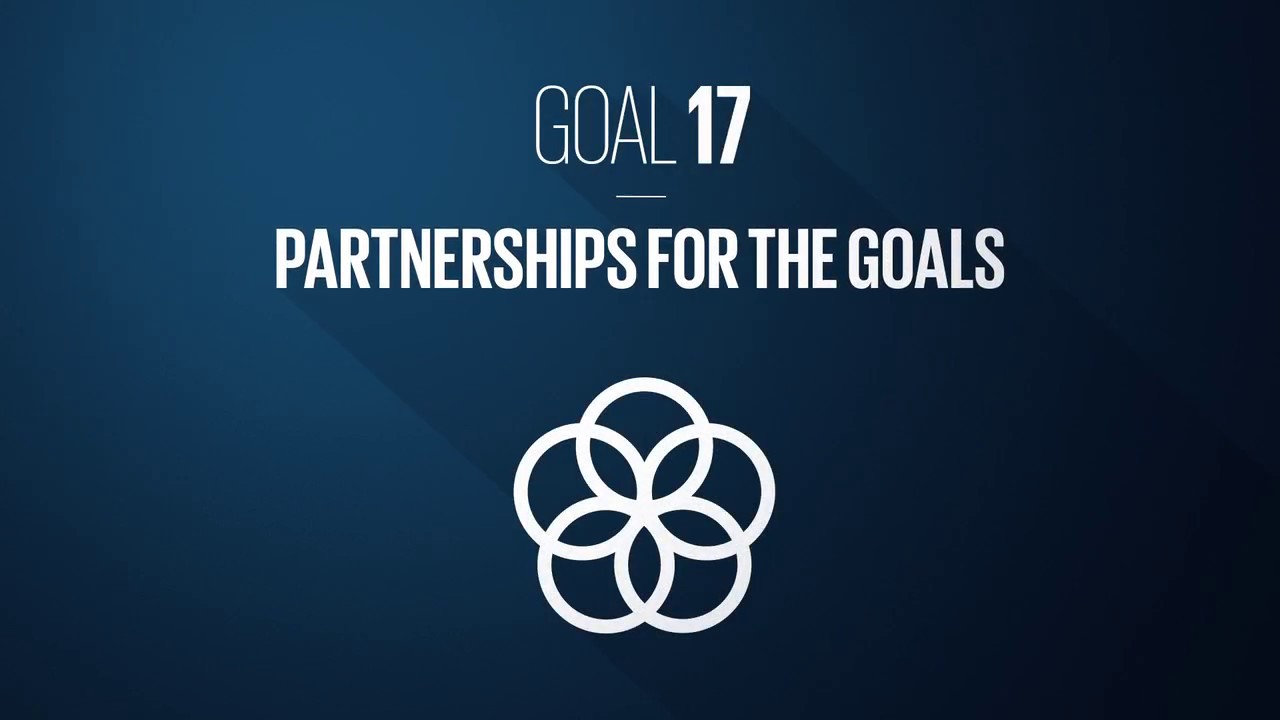How Crunch Culture has taken over the Workplace
“Nothing that matters is easy” – Phryne Fisher (a fictional character created by Kelly Greenwood)
Everybody knows that success and achievements are the fruits of hard work. No matter how it may manifest itself in different scenarios it’s still the forever turning clog that keeps the clock, that is our lives, ticking. Most often people forget that hard work doesn’t exclusively apply to their profession or their monetary jobs, but to most aspects of their lives. Hobbies, relationships, recreational activities, child-rearing, problem-solving, pets, keeping their homes suitable for themselves, just to name a few. These aspects are frequently forgotten in our individualist capitalist society and it has gotten to the point where a person’s worth is measured solely by their scholarly achievements, the figures they make a year, or what haste a team can make to finish a project, regardless of the quality of the said final product.

The notion that a person’s worth is solely based on an arbitrary number on their bank account or the hours one devoted to their company causes severe problems in our world. Even a standard-looking 9-to-5 job can put a severe strain on an individual let alone a 12-hour job, every day of the week in weekly
alternating day-night shifts. In Hungary, many are forced to take on those 12 hours jobs because of an unsaid notion that they simply aren’t good enough for more. Once those people, if they are lucky, manage to climb to a higher position they might create a healthier work-life balance but that is too late for negating all the damage that was done to them in that period of time. I can name a few scenarios where people willingly take on such circumstances but that’s far from the norm.
Nowhere the effects of this mindset are so visible than in the video game industry. Which I find rather interesting. This measuring system sounds an awful lot like the progress trackers in some video games. Usually, when a game has an internal currency for upgrades or accessories or new functions it encourages the player to stack up on those and carefully consider what to invest them in. In video games, the term for hunting for resources, exclusively and for a really long period of time, is grinding. Some games require grinding to play the game efficiently, or rather to not make the playthrough a replica of Dante’s leisurely stroll through Purgatory and Hell, while some games, well most games, as far as I know, don’t. This grinding, in my opinion, is exactly what we see in the video game industry today, and by extensions in some other areas of other fields of work.
Crunching is the term that defines most areas of the video game industry today. Crunching is a very similar thing to grinding, just in real life. Not in the sense of hunting for resources but in the sense of putting many hours into completing a project, beyond reason. Animators, programmers, writers, and artists are all pressured to perform to ridiculous

extent in a short period of time, usually when the deadline is near. A recent example would be Cyberpunk 2077. Executives forced their employees to work 100 hours in the
final weeks before release. The media was very loud about this particular event but let us not fall into the false assumption that this is an isolated case. Personal statements of programmers and animators can be easily found on the internet that proves that crunching isn’t optional anymore. It’s effectively overtime, unpaid, or badly compensated in most cases, only it’s a requirement. If you’re not willing to crunch then you are guaranteed to lose your job. It’s a common practice in big-name studios but can be found on a small scale, like with indie creators. However, there is a difference between crunching in a big-name company and crunching in indie in my opinion.
Let me bring Eric Barone, known as ConcernedApe, the sole creator of Stardew Valley, to the discussion. He did what was essentially a self-imposed crunch for four and a half years, working 10-12 hour workdays. The difference is that Barone put this time into making his magnum opus voluntarily and out of sheer passion. Barone sacrificed the entirety of his personal life to this project. This simply cannot be expected of every programmer, animator, etc. in a company especially while the executives up ahead do the bare minimum to profit on the aforementioned employees’ sweat and blood. It’s simply not how humans work. We are social creatures. If we are confined into a single square meter cube, physical or metaphorical, for most of our waking hours and expected to perform quality work with a very small compensation lazily swinging far ahead of us on a clumsily attached string that’s threatening to snap by looking at it funnily, and denied such basic level necessities like quality food, nutritious AND savory, sufficient levels of quality sleeping time, then the quality of our performance will inevitable drop. Yes, you can see results from this, but at what cost? Making your employees burn out three times the rate that it would have happened a decade ago.
Although the case isn’t as severe as I demonstrated here, the developers working on Cyberpunk 2077 were fairly compensated for their work, but the world isn’t as far from moving in this direction as we like to believe.
Sadly this mentality isn’t just present in the video game industry. As I mentioned before this happens all around the world, in most areas of work. Fortunately, if anything positive could come out of the reached time that our last 2 years were due to the pandemic and the quarantine, companies began to realize that pushing relentlessly for robotic performance isn’t necessary for results. Lowering and distributing the workload and giving time for the employees to care for themselves didn’t just increase morality but efficiency, productivity, and creativity. Who would have thought that not overworking your employees would result in better mental health and in return quality work?
Most problems during the development of a video game arise from bad time and project management. Employees don’t get their instructions clearly, assets and directions are rapidly changing throughout the process, contents get cut, artist expressions are rather discouraged and made to conform to selected norms, ideas get shut down due to risk factors that usually never reflect what the actual state of the market looks like. All of this could be remedied by proper vision, properly appointed deadlines and working hours, the proper amount of employees working on the project, the proper amount of discussion spaces provided, and so on.
This is something that we thrive to achieve in AIESEC. Working within this organization encourages efficient communication between team leaders, managers, and workers. Providing opportunities to young adults to polish their skills in time and team management. The organization tries to balance prominence of quality and quantity while creating a working environment that young adults can try themselves out, learn what their strengths and weaknesses are so they can figure out the approach that best works for them.

A professionally crafted working schedule that leaves time for one’s needs is proven to result in quality work and great morale. The essence of this is time management and personalized schedules. Not everyone works the same, not everyone can take on the responsibilities or workloads as others. Rewarding numbers or hours regardless of quality is a relic of the past that is long overdue to perish from our everyday lives. It’s an easy measuring stick but encourages harmful behaviors that aren’t advisable to maintain for
one’s lifetime. Does crafting personalized schedules and creating a new compensation plan present an intimidating challenge? Yes. Would it potentially lower the profit of the company due to fair compensations of their employees? A very likely yes. But “nothing that matter is easy”




